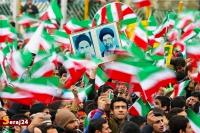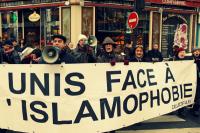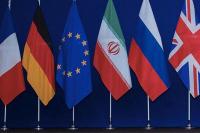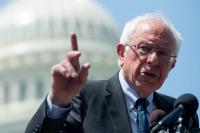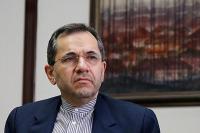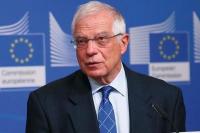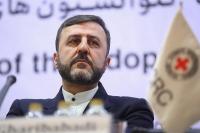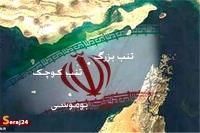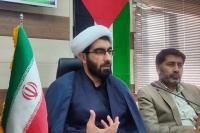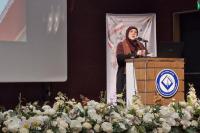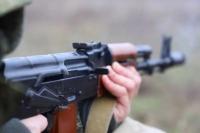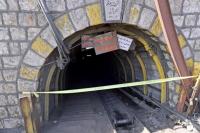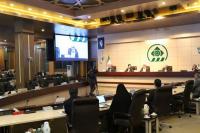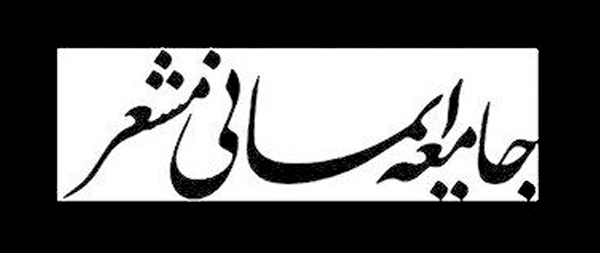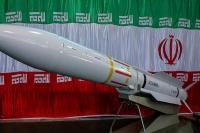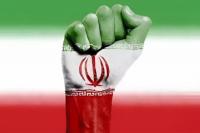
Gathering two days ahead of the second anniversary of the March 11 earthquake and tsunami that sent the Fukushima Dai-ichi plant into multiple meltdowns, demonstrators said they would never forget the world's worst nuclear catastrophe since Chernobyl, and expressed alarm over the government's eagerness to restart reactors.
"I can't see what lies ahead. It looks hopeless, but if I give up now, it's over," said Akihiro Nakata, a 47-year-old owner of a construction company, who had a drum slung around his shoulder. "I'd rather die moving forward."
Only two of Japan's 50 working nuclear reactors have been put back online since the disaster, partly because of continuous protests like today's, the first time such demonstrations have popped up in this nation since the 1960s movement against the Vietnam War.
People have thronged Tokyo parks on national holidays, and have gathered outside the parliament building every Friday evening. The demonstrations have drawn people previously unseen at political rallies, such as commuter "salarymen" and housewives. Organizers said today's demonstration drew 13,000 people.
Two years after the disaster, 160,000 people have left their homes around the plant, entire sections of nearby communities are still ghost towns, and fears grow about cancer and other sicknesses the spewing radiation might bring.
But the new prime minister elected late last year, Shinzo Abe, hailing from a conservative party that fostered the pro-nuclear policies of modernizing Japan, wants to restart the reactors, and maybe even build new ones.
The protesters said they were shocked by how the government was ignoring them.
"I am going to fight against those who act as though Hiroshima, Nagasaki and Fukushima never happened," Nobel Prize-winning writer Kenzaburo Oe told the crowd, referring to the atomic bombings preceding the end of the Second World War. "I am going to fight to prevent any more reactors from being restarted."
The demonstrators applauded, waving signs and lanterns that read "Let's save the children" and "No nukes". Some were handing out leaflets, pleading to save animals abandoned in the no-go zone.




